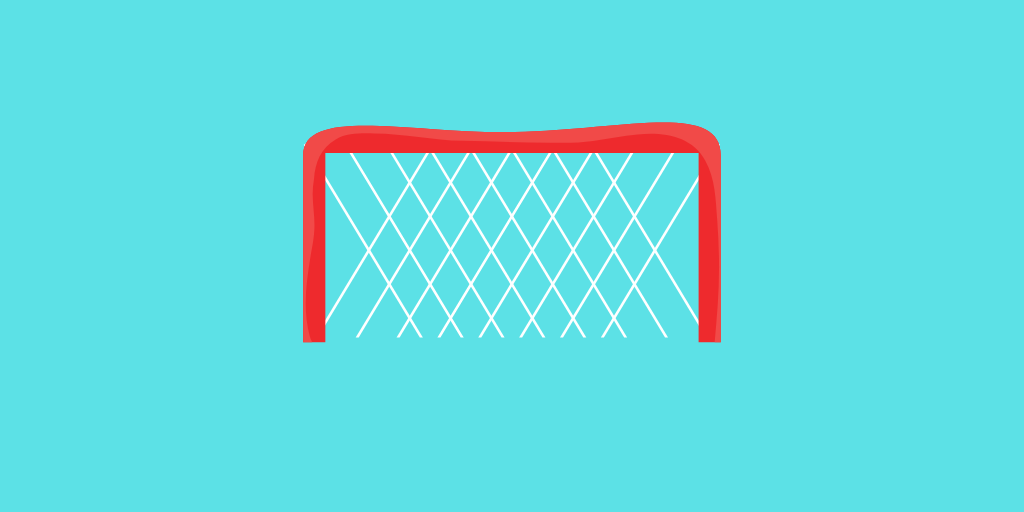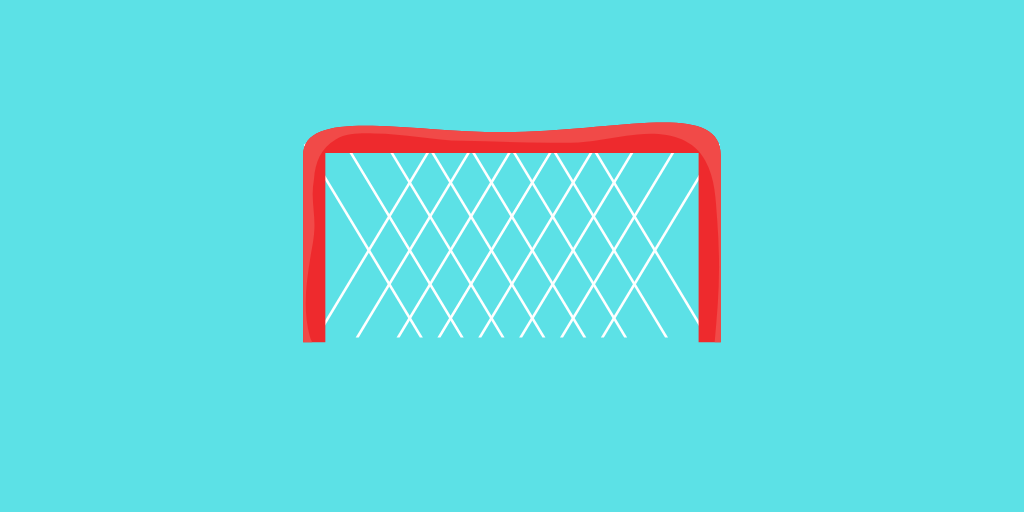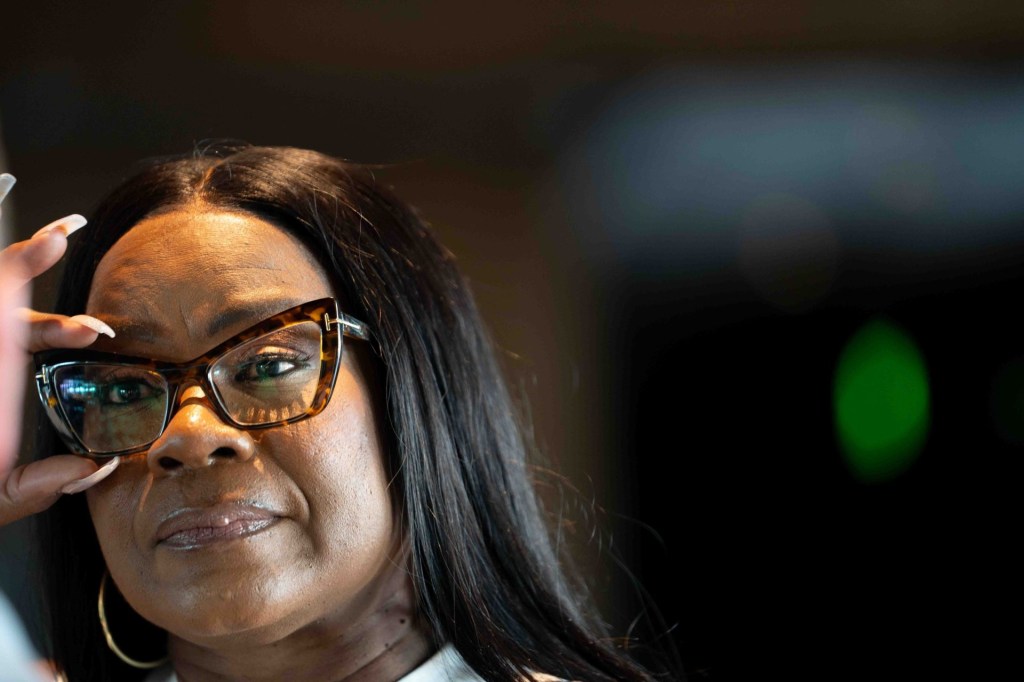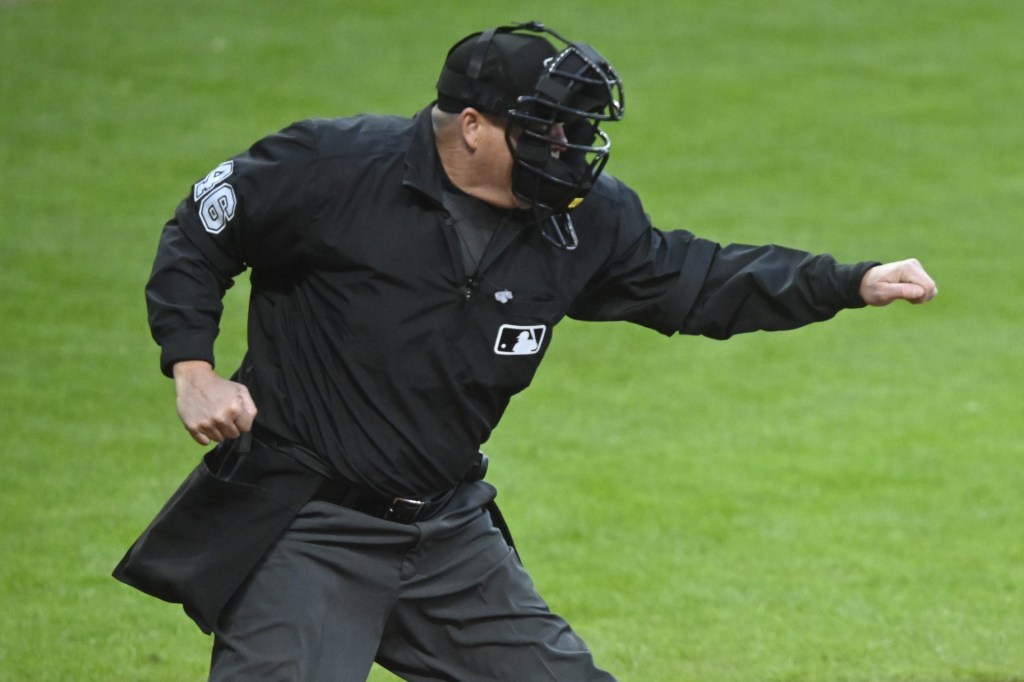
Getting its start in 2015, the NWHL, led by Dani Rylan, saw the opportunity to create a women’s professional ice hockey league that would pay its players.
Before the NWHL, the only other choice for high-level women’s hockey competition in North America was the Canadian Women’s Hockey League. There, players only make bonuses and incentives without a salary.
In its inaugural season, the NWHL opened play with four teams located in the northeast, close to hockey hotbeds like Boston and Buffalo. Three years later, the NWHL is expanding as the league will see the Minnesota Whitecaps begin their inaugural season this year.
“The value of it is more than just the impressions from photos or the broadcast, but also how engaged our players are in the community.” – Dani Rylan, Commissioner of the NWHL
The Whitecaps are also bringing with them the first team-specific sponsorship deal in league history, something that Commissioner Dani Rylan is extremely excited about.
“I think that it was clear from the beginning that TRIA saw an opportunity here to do something special with our brand, our players, and to really just to elevate the opportunities for women in sports in general.”
SEE MORE: New Partnership Has Jaguars’ Leonard Fournette Traveling in Style
The three-year deal between TRIA and the Whitecaps will see the brand become the official healthcare partner of the team. As such, TRIA will also provide the Whitecaps with an entirely female medical staff, believed to be the first of its kind in all of North American and Canadian professional sports.
“One of the concepts that they pitched internally was the thought of an all female medical and training staff,” said Rylan. “Not every young girl will grow up to be a professional hockey player, but maybe she’ll want to be a doctor or an athletic trainer, so to have role models in every aspect of the game is important to us.”
Outside of new partnerships like the one with TRIA, the NWHL has benefited from NHL teams wanting to align themselves with the league.
First it was the New Jersey Devils, who partnered with the Riveters on a three-year deal that gave the team use of facilities for games and practices along with support for marketing, sponsorship, and ticket sales. Then, it was the Buffalo Beauts, who were bought by Pegula Sports and Entertainment, the owners of the Buffalo Sabres.
Most recently, the Minnesota Wild teamed up with the Whitecaps. Like the Devils and the Riveters, the Wild will support the team by hosting games and practices at TRIA Rink along with helping the club with marketing, digital media, and communications efforts.
SEE MORE: Examining NFL Sponsors and Their Handling of the National Anthem Protests
Rylan points to these types of partnerships as catalysts for the league, opportunities to expand the reach and audience beyond who they may already have.
“It really helps us transcend our product to a different level. We know that there’s a fan base for women’s hockey, but with our marketing engine, we can only reach so many people. Having the ability to plug into a larger network to hit all of our fans that we know are out there is invaluable to us as we grow as a league and as business.”
[mc4wp_form id=”8260″]
As for future sponsorships, Rylan hopes that brands will be able to see the success of the Whitecaps and TRIA partnership and look to work with the league in capacities that are somewhat unique when it comes to professional sports.
“We definitely hope that other major companies see the success of the Whitecaps and TRIA partnership and better understand the value of aligning with female athletes, teams, and leagues. With us and our teams, brands can get an asset like a jersey patch, that they currently can’t get with some of the other pro hockey leagues in North America.”

















